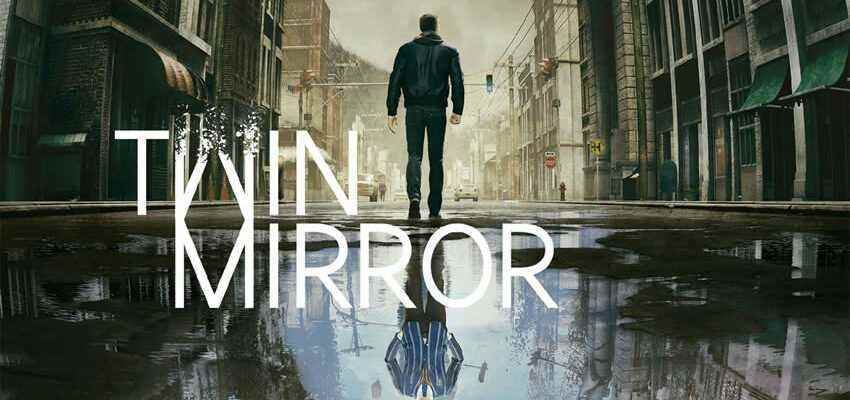Developer then co-producer of video games, the group became its own publisher, to generate more income.

Dontnod: owning the intellectual property | Photo credits: © Dontnod Entertainment
Nice meeting with Oskar Guilbert, CEO of Dontnod, a company he founded in 2008. At the time, the script for the first video game, Remembre Me, was written by Alain Damasio, a science fiction author. Oskar Guilbert, ex-professor in computer science and author of a doctoral thesis on the modeling of 3D objects, is a small shareholder (2.5 to 3% of the capital) but he has been supported from the start by a Bulgarian business angel , Kostadin Yanev, at the head of 34% of the capital. Also on the table is the Chinese giant Tencent (22%). He was on the verge of becoming a Dontnod game distributor in China when restrictive laws held back the industry. But it could come back to life in a year or two.
Originally a game developer, Dontnod now wants to hold all or part of the intellectual property of its games by co-producing them, even by self-publishing them, which implies assuming the marketing costs of putting them on the market but multiplies income by ten. These are category AA games, with budgets between 10 and 30 million euros, and not more than 100 million as for AAA games. If successful, the turnover can represent up to three times the budget.
Two blockbusters
Currently, six games are in production internally (including one in Montreal) and two via external studios. The company relies on two blockbusters: Vampyr (in London ravaged by the Spanish flu at the end of the First World War) and Life is Strange (2nd part) for teenagers. At the beginning of September, Gerda, a flame of winter, will be launched on the fate of a nurse during the German occupation of Denmark. This game was not developed but co-produced, with a majority of the intellectual property. In all cases, these are so-called narrative games: the player’s choices have consequences for the rest of the story.
Jean-Luc Champetier, live from the Portzamparc Conference
